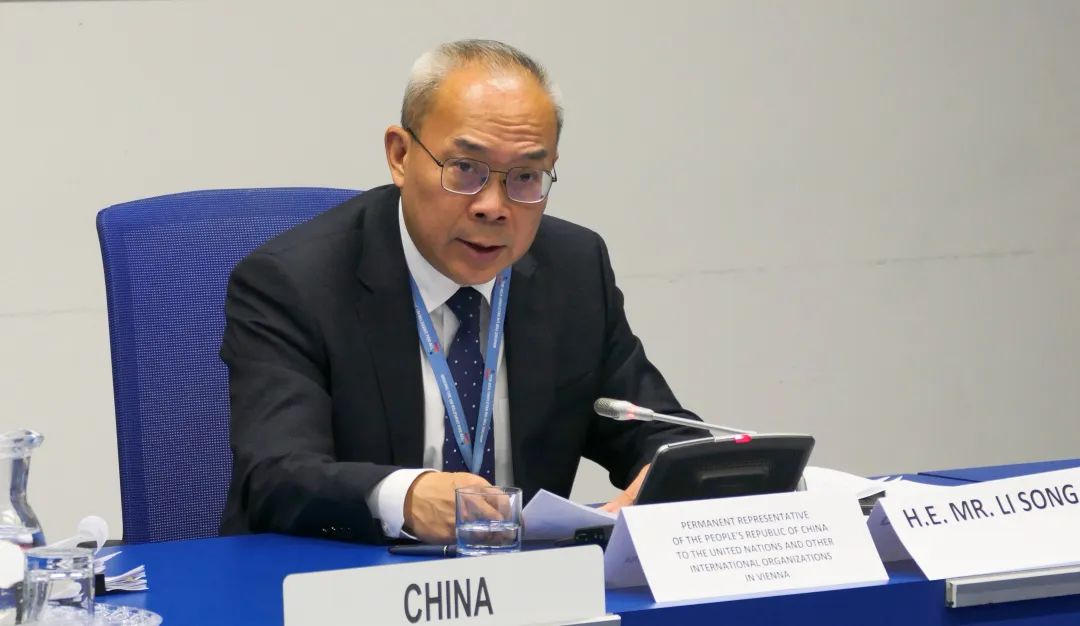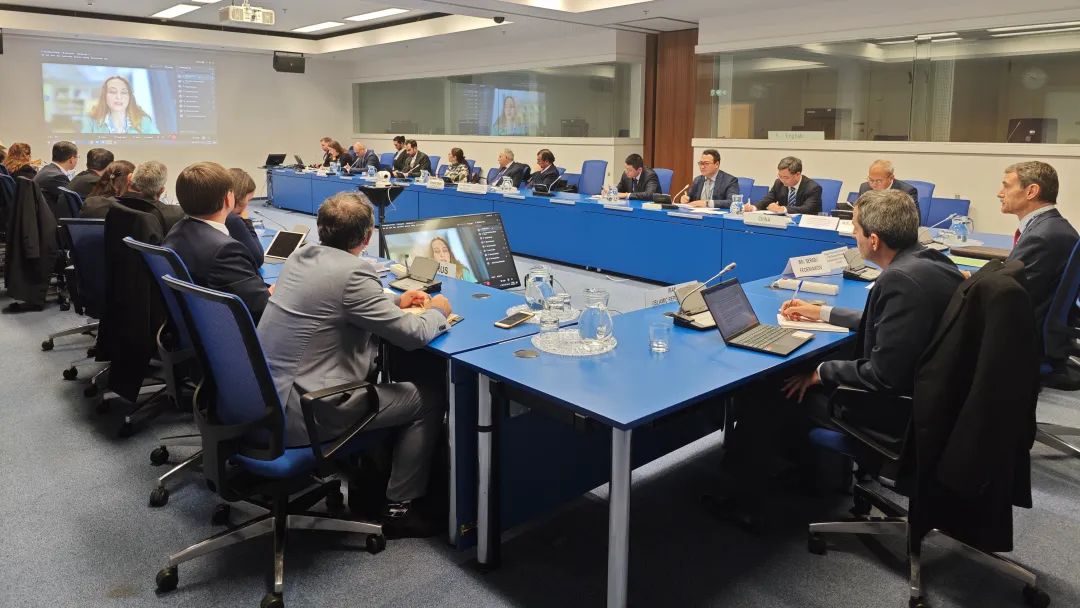Remarks by H.E. Ambassador LI Song at the side event “Unilateral coercive measures and their negative impact on socio-economic development of states”

Dear Sergei, dear friends and colleagues:
The Permanent Mission of China is pleased to join other partners in co-organizing this timely and important side event. I have listened carefully to the statements made by experts, and I would like to share a few points with experts in light of China’s positions.
First, unilateral coercive measures are the enemy of multilateralism and developing countries. Unilateral coercive measures are absolute hegemony, unilateralism and power politics, which violate the purposes and principles of the Charter of the United Nations, contravene international law and run counter to multilateralism and the basic norms governing international relations. Those illegal measures have seriously hampered the economic and social development of countries that suffer from them, and violated the human rights of the people of countries concerned, including the right to life, the right to development, the right to health and the right to culture. The United Nations 2030 Agenda for Sustainable Development strongly urges States to refrain from promulgating and applying any unilateral economic, financial or trade measures not in accordance with international law and the Charter of the United Nations. The Ministerial Declaration of the Group of 77 and China reaffirmed that the imposition of coercive economic measures, including unilateral sanctions, against developing countries does not contribute to economic and social development, including dialogue, cooperation and understanding among countries.
Second, unilateral coercive measures pose a serious obstacle to global governance and international cooperation for development. Some countries have taken advantage of financial and commercial monopolies to abuse sanctions such as trade embargoes, blocking financial investment and interfering in the market, which have seriously disrupted international economic, trade and scientific and technological cooperation, posed a serious threat to global food, energy, financial and supply-chain security. They create a serious obstacle to international development cooperation in such areas as inclusive and sustainable development, infrastructure development, as well as science, technology and innovation, and are a roadblock to the better and faster economic and social development of the countries concerned and to the improvement of their people’s living standards. The negative impact of unilateral coercive measures urgently needs to be more comprehensively collected, analyzed and shared with the international community. Unilateral sanctions have a serious impact on participation of countries concerned in international conferences and normal payment of their assessed contributions, jeopardizing their ability to participate actively and effectively in global governance. Unilateral coercive measures are not conducive to improving international relations, and they will only threaten international peace, security and stability.
Third, we should oppose unilateral coercive measures on various multilateral platforms on the basis of realizing the United Nations 2030 Sustainable Development Goals and promoting international cooperation for development. As the one of the seats of the United Nations Headquarters, Vienna shoulders the important task of promoting international development cooperation, which is the expectation of the Global South to Vienna. At the current session of the General Conference of UNIDO, a joint statement on unilateral coercive measures is to be delivered on behalf of a group of countries including China, with a view to drawing the prioritized attention of Member States and the Secretariat to the negative impact of this issue on the process of inclusive and sustainable industrialization. Unilateral coercive measures are not only a problem faced by countries that suffer from them, but also has a bearing on multilateral platforms, international environment and future prospects for international development cooperation. This matter requires awareness-raising by the international community and joint attention by multilateral platforms, including international financial institutions, so as to work towards overcoming, addressing and eliminating the impact of unilateral coercive measures on sustainable development and international cooperation.
Dear friends, colleagues,
I would like to thank you all for coming to today’s side event. China stands ready to enhance communication with all parties and continue our discussion, jointly safeguard the legitimate right to development of the Global South, and actively promote international cooperation for development.
Thank you.
